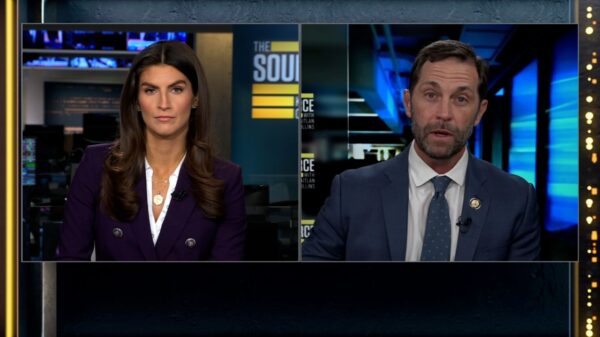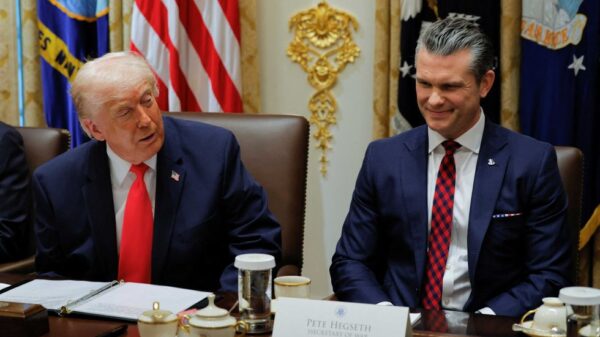In a striking reflection on economic progress, the combined market capitalizations of just two companies, Microsoft and Apple, nearly match the entire inflation-adjusted GDP of the United States from 1979. At that time, the U.S. economy was valued at approximately $6.97 trillion. Today, Microsoft and Apple together are valued at around $6.94 trillion. This comparison serves as a reminder of how innovation has driven wealth creation and altered investment landscapes over the past decades.
Historical Context and Economic Transformation
In 1979, the U.S. faced significant economic turmoil. High inflation and rising interest rates set by then Federal Reserve Chairman Paul Volcker left many Americans struggling. The oil embargo exacerbated this situation, leading to long lines at gas stations and a general sense of malaise. During this period, the S&P 500 index had peaked in 1973, only to suffer a sharp decline.
Despite the challenges, the seeds of technological innovation were being sown. The introduction of the microprocessor by Intel in 1971 marked the beginning of a new era. By the mid-1970s, Bill Gates and Paul Allen founded Microsoft, while Steve Jobs and Steve Wozniak established Apple. Nvidia emerged later, in 1993, focusing on graphics processing for gaming. Today, revenues from these three companies together represent nearly 2.5% of the U.S. economy.
The S&P 500, which stood at 108 in 1979, has experienced remarkable growth, reaching approximately 6,300 in recent times—a staggering 58-fold increase. This translates to an annual growth rate of about 11.8% from 1979 to May 2025. An investment of $10,000 in a fund tracking the S&P 500 would now be valued at around $1.6 million, excluding taxes.
The Power of Patience in Investing
The narrative surrounding investing often emphasizes immediate results, but true financial progress requires patience. The media tends to highlight urgent news that can distract from the steady march of innovation. Investors face a choice: they can succumb to fear or embrace a long-term perspective. Historically, patience has proven more profitable.
Those who remained invested during the rocky economic climate of the 1970s eventually witnessed a turnaround. The Federal Reserve’s actions curbed inflation, and the U.S. achieved energy independence through advancements in shale and fracking technologies. As a result, equity markets rebounded, surpassing previous highs and dismissing earlier fears that seemed insurmountable.
Reflecting on the past, it is easy to dismiss predictions made in 1979 about the future of the economy. The notion that two companies might one day surpass the entire U.S. GDP would have seemed outlandish. Yet, this history underscores the vast potential of innovation. As we look ahead to the next few decades, it is reasonable to consider how emerging companies could reshape economic landscapes.
The essence of investing lies in optimism and a belief in human ingenuity. While setbacks are inevitable, progress tends to yield a brighter future. It is conceivable that future generations will view today’s GDP in relation to the value of a startup launched in someone’s garage. Investors are urged not to let fear deter them from participating in this journey of progress.
Steve Booren is the founder of Prosperion Financial Advisors in Greenwood Village. He is the author of “Blind Spots: The Mental Mistakes Investors Make” and “Intelligent Investing: Your Guide to a Growing Retirement Income.” Booren was recognized by Forbes as a 2024 Best-in-State Wealth Advisor and by Barron’s as a 2024 Top Advisor by State.







































































